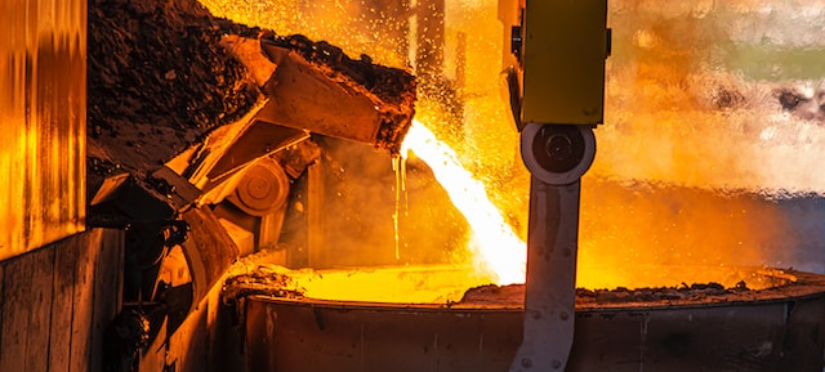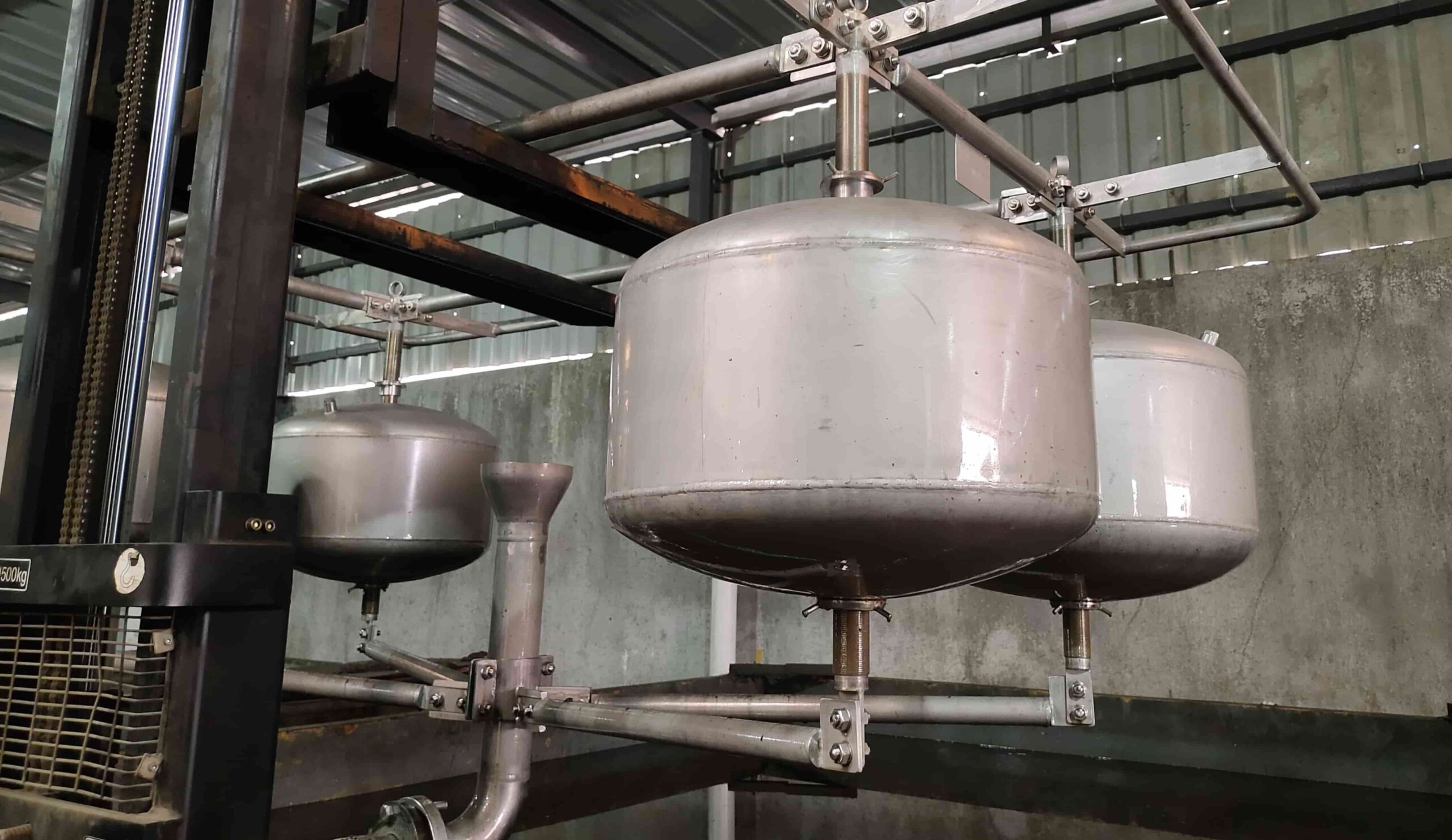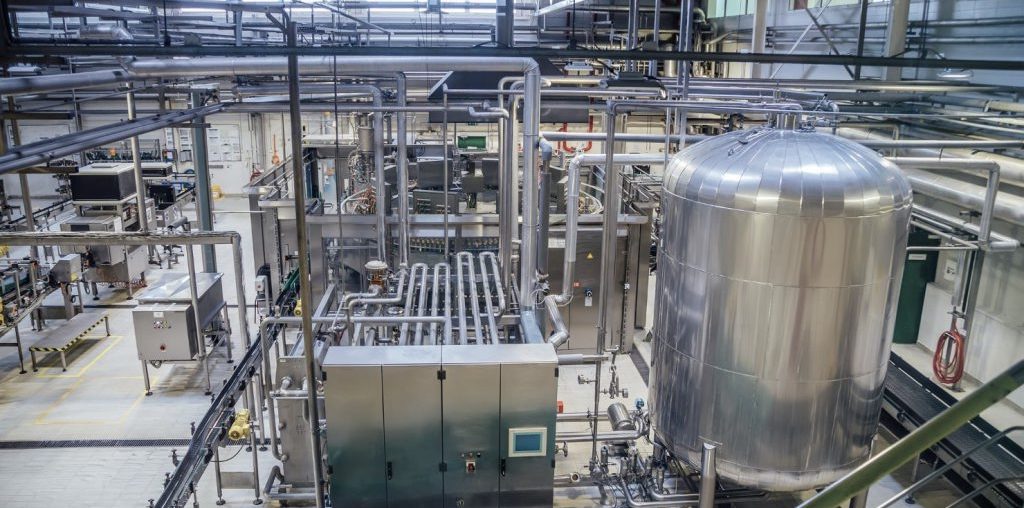Advantages of Oil Removal for the Steel Industry

The steel industry is a base for many industries, an essential industry for the development of an economy.
Oils in the form of lubricant are widely used in steel manufacturing to reduce friction, prevent heat build-up, improve product quality, and improve production rate. At the same time, steelmaking demands a huge amount of water for varied processes, cooling towers, descaling, and dust scrubbing, resulting in generation of a large amount of wastewater containing oil.
The steel industry benefits from treating wastewater for oil removal in the form of overall plant performance and adhering to discharge norms. Removal of oil from water substantially contributes to reducing costs for the steel industry in many ways, such as:
- Freshwater requirement: The steel industry consumes large amounts of water, which subsequently ends up in the wastewater stream. Wastewater treatment gives water a second chance. Removal of oil present in wastewater is a critical parameter, before it can re-enter the production process. Mechanical processes such as oil skimming or incorporation of oil water separators can help achieve the desired results. Treated water can be reused in the manufacturing process, thereby saving on costs related to fresh water requirements.
- Safeguards machines and equipment: Continuous operations in steelmaking result in the build-up of lubricants on critical machinery, which can lead to suspension of operation or may affect process efficiency. Considering the harsh working conditions oil skimmers are an ideal choice as they can operate continuously, are robust, and efficiently help remove oil to safeguard machines and equipment.
- Cooling towers: Cooling tower water containing oil is less efficient and may require addition of freshwater to make it suitable for heat absorption, which adds up to the operational costs. The maintenance cycles will also increase due to coating of oil. To eliminate additional operational costs and reduce downtime oil skimmer or coalescer can be used to remove oil. Oil removal ensures improved operational efficiency, reuse of water and recovery of oils.
- The recovered oil in some of the cases is valuable for varied applications. The sale of recovered oil is a source of revenue generation for the steel industry.
In mills, both oil and water are equally essential. Oil ends up in wastewater streams, a contaminant in water, that requires to be treated before reuse and for safe disposal. Incorporating oil removal equipment proves to be cost-effective and efficient. It also simplifies processes and adds value.
Apart from reducing costs, oil removal addresses environmental concerns. Waste oil removal contributes to conserving natural resources like water and oil. It preserves the environment as oil has a long-lasting impact on the ecosystem of the receiving channels. It safeguards our environment in more than one way.
Frequently Asked Questions
Q.1 How does oil removal improve the quality of steel products?
A. Oil removal plays a crucial role in enhancing the quality of steel products by ensuring a clean and contaminant-free surface, allowing for improved adhesion of coatings, preventing corrosion, and ultimately contributing to the overall durability and performance of the steel.
Q.2 Are there any environmental benefits associated with oil removal in the steel industry?
A. Oil removal in the steel industry not only enhances operational efficiency but also contributes to environmental benefits by reducing the potential for soil and water contamination, promoting cleaner production processes, and minimizing the ecological impact of industrial operations.
Q.3 What are the benefits of implementing oil removal processes in steel manufacturing?
A. The implementation of oil removal processes in steel manufacturing offers notable benefits, including improved product quality, enhanced operational efficiency, and a reduced environmental impact by minimizing oil residues, promoting cleaner production, and ensuring compliance with environmental regulations.





